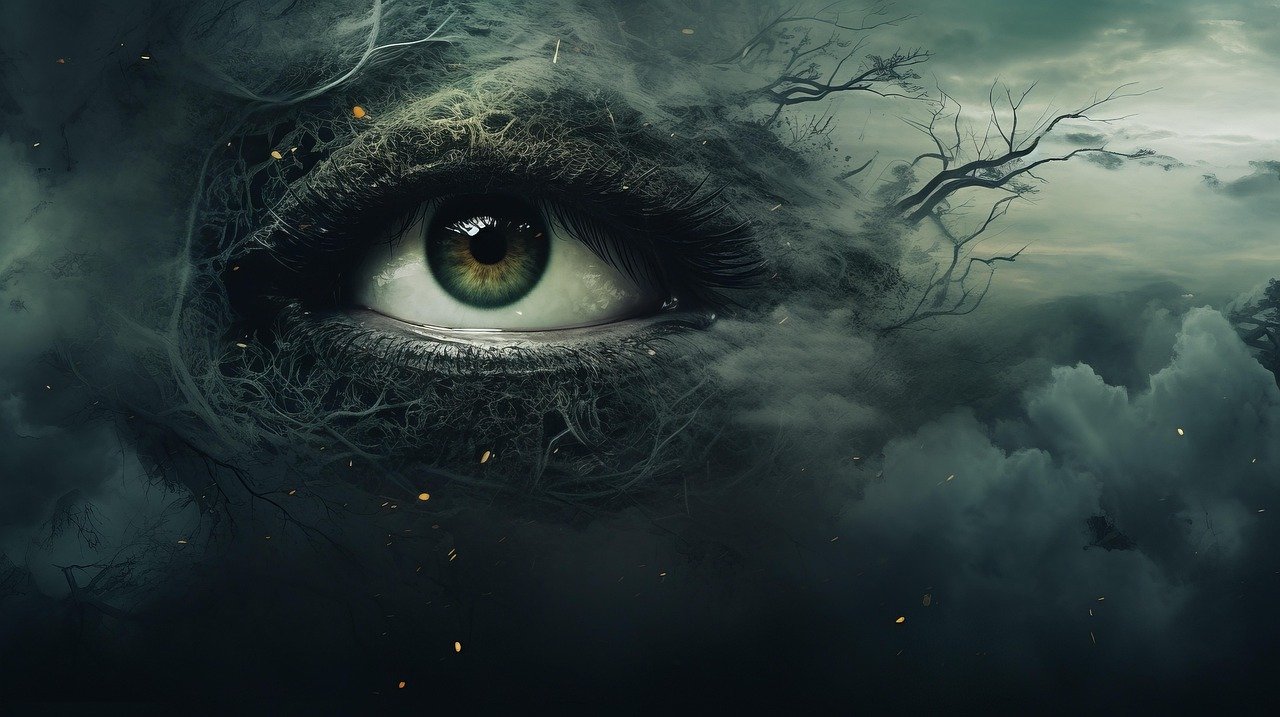David Cronenberg, Shivers, horror films, body horror, cinematic invasion, technology and biology, Cronenberg's vision, Canadian cinema, 1970s horror
## Introduction
Fifty years have passed since David Cronenberg unleashed his groundbreaking film, *Shivers*, and it's time we confront the unsettling legacy it has carved into the horror genre. This isn’t just a celebration of a movie; it’s a full-frontal assault on the complacency of the cinematic landscape. *Shivers* isn’t merely a film; it’s a visceral experience that forces audiences to grapple with the monstrous nature of human existence and the terrifying intersection of technology and biology. The question is, why are we still so afraid to confront its implications?
## The Birth of Body Horror
When *Shivers* hit the screens, it was a harbinger of the body horror genre that Cronenberg would come to define. It’s almost laughable how many films today try to replicate the unsettling nature of bodily invasion without ever grasping its profound commentary. Cronenberg understood that the fear of bodily invasion reflects our deepest anxieties about identity, autonomy, and the fragility of the human body. While mainstream horror often resorts to jump scares and predictable tropes, *Shivers* delves into the dark recesses of the human psyche.
Let’s not kid ourselves; *Shivers* is not just about the grotesque. It's a critique of modernity wrapped in a phantasmagoric narrative. The film’s plot revolves around a parasite that takes over its host, blurring the lines between human and monster. In doing so, Cronenberg holds a mirror to society, reflecting our obsession with technology and the invasive nature of progress. This is a film that doesn’t shy away from exploring the grotesque, and it challenges the audience to confront uncomfortable truths about their own existence.
## Technological and Biological Horror
In a world increasingly dominated by technology, Cronenberg’s vision seems more relevant than ever. The film's exploration of the fusion between biological and technological elements serves as a harbinger of the modern dilemmas we face today. Are we not, in some sense, already hosts to various forms of technological parasites? Our smartphones, social media platforms, and even the internet itself can be seen as invasive entities that manipulate and consume us.
*Shivers* forces us to question our own autonomy in an age where our bodies can be hacked, our minds influenced, and our identities manipulated. The film’s horrifying premise is not just a gimmick; it’s a disturbing reflection of a society increasingly at the mercy of external forces. It’s a wake-up call that many still refuse to heed, buried under the weight of entertainment that glosses over these fundamental issues.
## Modern Horror’s Missed Opportunities
While *Shivers* remains a landmark in the horror genre, it’s infuriating to see contemporary filmmakers often missing the mark. Instead of embracing the philosophical underpinnings of body horror, many simply regurgitate the same tired formulas. Where is the innovation? The courage to explore the uncomfortable?
Modern horror has a habit of sanitizing the grotesque, reducing it to mere spectacle rather than a profound inquiry into the human condition. The genre is saturated with films that rely on shock value but fail to evoke the deeper existential dread that *Shivers* unearths. As a result, we’re left with a plethora of forgettable films that do little more than entertain, rather than provoke thought.
## Cronenberg’s Influence on Canadian Cinema
Cronenberg’s impact extends far beyond *Shivers*. He paved the way for a new wave of Canadian cinema that embraces the unconventional. His style and themes have influenced countless filmmakers, yet very few have managed to capture the same level of depth and complexity. The Canadian film industry owes a debt to Cronenberg, yet it is baffling to see how many filmmakers shy away from the themes he so brilliantly dissected.
In an era where horror can be a vehicle for social commentary, why are we still opting for the easy route? Cronenberg’s work challenges us to confront uncomfortable truths about ourselves, and it’s a disservice to the genre when filmmakers refuse to follow in his footsteps.
## Conclusion
As we reflect on the fifty years since *Shivers* was released, let’s not merely celebrate its status as a cult classic but confront the chilling implications it presents. David Cronenberg’s vision was far ahead of its time, and it continues to resonate in a world where the lines between humanity and technology are increasingly blurred.
*Shivers* is not just a film; it’s a stark reminder that horror is not merely about fear; it’s about exploration, understanding, and confronting the monstrous within us all. It’s time we demand more from the horror genre, to push boundaries, and to reclaim the existential dread that *Shivers* so masterfully encapsulates. Let’s not allow its legacy to fade into obscurity; instead, let’s use it as a catalyst for a new wave of horror that dares to disturb, provoke, and enlighten.





